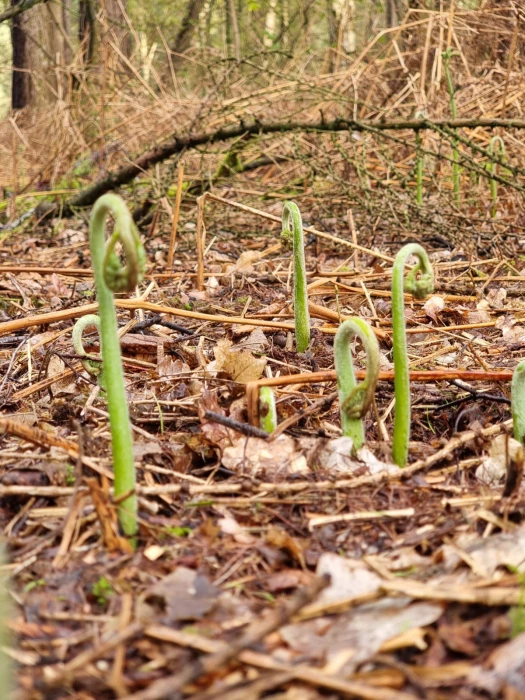With the growing push for environmental responsibility, 'Green Careers' are taking root in the UK job market. General consensus is that a green career is one that makes a positive contribution to environmental sustainability, reduced carbon emissions or that mitigates the impacts of climate change.
Excitingly there is real appetite amongst younger people wanting to make a difference to our planet through their career and so more people are gearing up with the right skills and education to do just this. Universities and colleges include sustainability considerations across their land-based courses, and many offer specialist courses such as master's degrees in environmental forestry or sustainable agriculture.
Although the term itself is relatively new, green careers have always existed – particularly in the land-based sector. But businesses have started to knuckle down, report on their emissions and step up their efforts towards the net zero target.
The pressure on the forestry sector is particularly pertinent. Demand for timber is expected to skyrocket with the government's commitment to promote its use in construction as part of the Net Zero strategy. Meanwhile of course, trees and woodlands are also seen as crucial to the UK meeting its targets to achieve Net Zero by 2050. Agriculture has committed to an ambitious 2040 net zero target date.
This has been reflected in the job roles seen across all industries. Individuals or teams with specific expertise in sustainability are being taken on to drive strategy and oversee delivery.
In the land-based sector this includes anything from agronomy and precision farming to agricultural engineering and plant breeding. Indeed any role that has positive environmental change – and reducing carbon emissions in particular – at its heart.
For example, growing interest in regenerative farming and agroforestry has created more opportunities for consultants, advisers and educators. Their expertise is an essential resource for farmers looking to transition towards sustainability.
Agronomy, plant and soil science is also another huge area of opportunity for the scientists amongst us wanting to drive innovation and progress towards sustainable food production systems.
Green careers in agricultural engineering and technology can offer a whole other world of possibilities. Precision agriculture, with its focus on harnessing data and technology to optimise resource use, presents numerous opportunities to increase efficiency and reduce environmental impact. Whether it's implementing sensor-based irrigation systems or using drones for crop monitoring, technology holds the key to producing more for less and minimising our ecological footprint.
And of course, don't overlook the importance of advocacy and policy in driving systemic change within our sector.
You could argue that all land-based careers should be considered green.
With the net zero target dates looming ever closer we should all make sure that we are well informed about what our own employers are doing towards that goal, and that the companies we do business with are 'doing the right thing' consistently now and in the future.
If you're looking for a green role in agriculture, horticulture or forestry contact us to find out how we can help.



